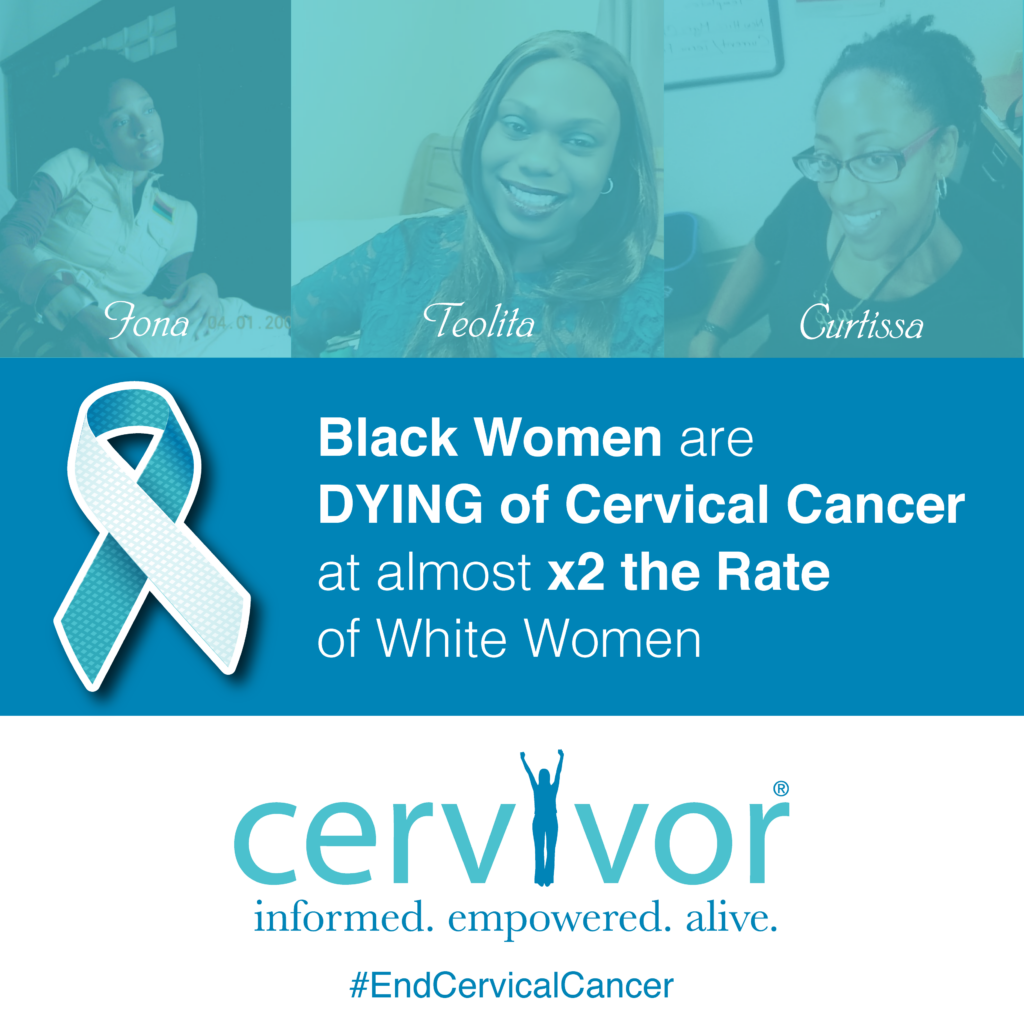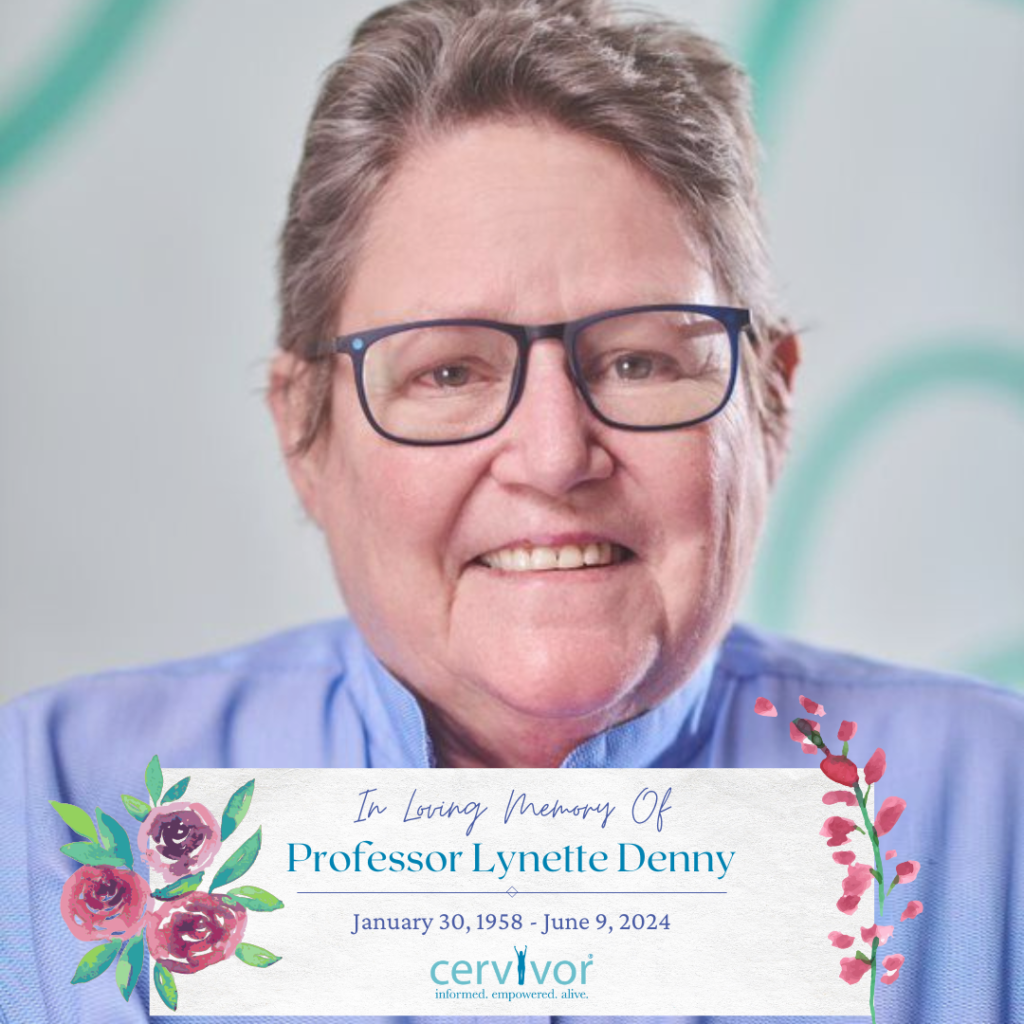Every year, during the third week of June, communities across the United States come together to observe National Black Family Cancer Awareness Week. This important week, spearheaded by the U.S. Food and Drug Administration’s (FDA) Oncology Center of Excellence, aims to raise awareness about the disproportionate impact of cancer on Black families and to promote cancer prevention, screening, and treatment within this community.
Understanding the Disparities
Cancer affects all demographics, but statistics reveal a troubling disparity: Black Americans are more likely to develop and die from cancer compared to other racial and ethnic groups.

The reasons for this disparity are multifaceted, involving socioeconomic factors, access to healthcare, environmental exposures, and genetic predispositions.
National Black Family Cancer Awareness Week is designed to address these disparities by:
- Promoting Education and Awareness: Increasing awareness about the higher cancer risks faced by Black families encourages proactive health measures. Understanding the importance of early detection and regular screenings can significantly improve survival rates.
- Highlighting Preventative Measures: Educating the community about lifestyle choices that can reduce cancer risk, such as maintaining a healthy diet, regular physical activity, and avoiding tobacco and excessive alcohol use, is crucial.
- Encouraging Participation in Clinical Trials: There is a significant underrepresentation of Black Americans in clinical trials, which can hinder the development of effective treatments for this demographic. National Black Family Cancer Awareness Week seeks to increase awareness and participation in these trials, ensuring that new treatments are tested for efficacy across diverse populations.
Community Engagement
One of the most impactful aspects of National Black Family Cancer Awareness Week is its focus on community involvement.


Local organizations, healthcare providers, and advocates host a variety of events and initiatives to engage the community, such as:
- Health Fairs and Screenings: Offering free or low-cost cancer screenings and health check-ups to encourage early detection.
- Educational Workshops: Providing information on cancer prevention, treatment options, and the importance of regular medical check-ups.
- Support Groups and Counseling Services: Creating spaces for those affected by cancer to share their experiences, receive support, and find resources.
Real Stories, Real Impact
Hearing from individuals who have been affected by cancer can be incredibly powerful. Testimonials from cancer survivors, family members, and healthcare providers highlight the real-life impact of cancer within the Black community. These stories create solidarity and provide hope, reminding us that we are not alone in this fight.
Taking Action
Here are some ways you can get involved in National Black Family Cancer Awareness Week:
- Spread the Word: Use social media platforms to share information and resources. The hashtags #Cervivor #CervivorNoir #BlackFamCan #EndCervicalCancer are a great way to join the conversation and reach a wider audience.
- Participate in Local Events: Attend health fairs, workshops, and other events in your community. Encourage friends and family to join you.
- Volunteer: Offer your time to local organizations that are hosting events or providing support services.
- Get Screened: If you haven’t already, schedule a cancer screening. Encourage your loved ones to do the same. The hashtag #Screen4Me is a great way to spread awareness and share the importance of screening.
National Black Family Cancer Awareness Week is more than just a week of activities; it’s a call to action for year-round commitment to addressing and reducing the impact of cancer on Black families. By coming together, we can make significant strides in education, prevention, and treatment, ultimately saving lives and creating healthier communities.

As we observe National Black Family Cancer Awareness Week, let’s remember that awareness and action go hand in hand. Together, we can create a future where cancer disparities are a thing of the past, and every family has the knowledge and resources to fight cancer effectively.
